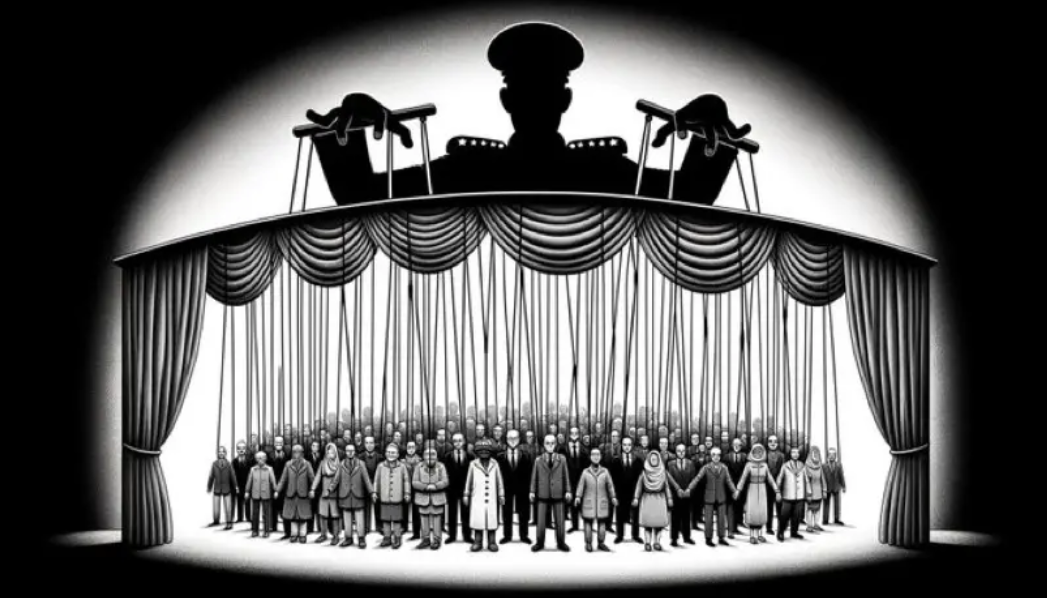by Josh Walkos, Activist Post:

The Global Information Battlefield and the Censorship Machine
The world of psychological operations and information warfare is complex and often controversial. Our investigation explores the role of the United States government in this sphere, its partnerships with private enterprises and academia, and the emergence of a new Department of Defense (DOD) doctrine that views the entire world—both real and digital—as a battleground.
TRUTH LIVES on at https://sgtreport.tv/
The DOD has adopted a euphemistic term, “the information environment,” which it defines as “the aggregate of individuals, organizations, and systems that collect, process, disseminate, or act on information—consisting of physical, informational, and cognitive dimensions.” This concept is at the heart of a recent report by the US Government Accountability Office (GAO) entitled “Information Environment: Opportunities and Threats to DOD’s National Security Mission.”
While the GAO and DOD do not explicitly refer to the “information environment” as a battlefield, it is difficult to read their documents without concluding that they perceive it as such. By using the term “information environment,” the DOD effectively obfuscates the true nature of its objectives—not only to its soldiers but also to other branches of government and the general public.
The DOD’s interest in information is diverse, but one key concern is the “fusion of ubiquitous information and technology,” which has granted various entities—both benign and malign—the ability to target the cognitive foundations of individuals, such as their beliefs, emotions, and experiences. On the pretext of “national security,” the DOD seeks to achieve full-spectrum dominance in the information environment even if it means employing counter-psychological warfare against its own citizens.
Lieutenant Colonel Daniel “Plato” Morabito’s report in the Fall 2021 edition of Air & Space Power Journal captures the essence of the DOD’s evolving perspective on the information environment: “The global trend toward faster data transfer across increasingly connected devices—the so-called internet of things—means adversaries now maintain a presence in American homes, delivered through smartphones and other technology.”
Throughout history, governments have attempted to influence both foreign and domestic populations via information operations. The United States military has employed “strategic communication” since World War II, and during the Cold War, the United States Information Agency (USIA) disseminated pro-American propaganda worldwide. The infamous CIA project, MK-Ultra, secretly funded behavioral psychology research in an effort to control individuals’ minds.
The rise of the internet in the 1990s led to a significant expansion of the military’s information operations, and in the wake of the 2001 September 11 attacks, these operations took center stage. The first deployment of weaponized social media can be traced to the 2010 Arab Spring, which saw the US military utilize platforms, online messaging, and strategic communication to support pro-democracy movements and suppress authoritarian regimes.



